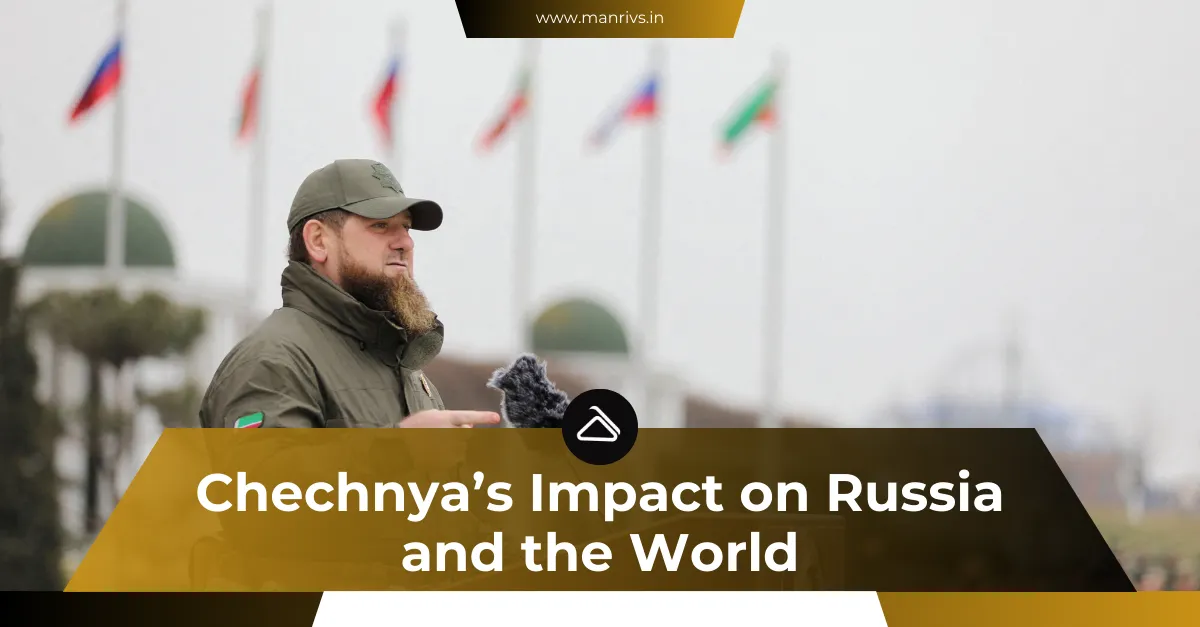In this article, we will delve into the intricate dynamics of Chechnya, a stateless republic within the Russian Federation, and the potentially far-reaching consequences of its current state. From its tumultuous history to the role of Ramzan Kadyrov, we will explore why the situation in Chechnya is of paramount importance. Chechnya, a small republic, sought independence from Russia in the 1990s after the fall of the Soviet Union. This pursuit led to two major wars, with the first one ending in a humiliating defeat for the Russians.
In the second war, the Russians formed an alliance with a powerful Chechen faction, regaining nominal control over the region. However, this alliance was tenuous, and the Russians had to largely withdraw. The Kadyrov clan, led by Ramzan Kadyrov, took the reins of power in Chechnya. Ramzan Kadyrov’s leadership is characterized by brutality and authoritarianism.
Ramzan Kadyrov has become an integral part of the Putin regime, providing political support, shock troops, and even engaging in assassinations on Putin’s behalf. Recent reports suggest that there may be health issues affecting Ramzan Kadyrov. This raises questions about the stability of his alliance with Russia. Several factors make Kadyrov’s position precarious. Firstly, there is no clear successor in Chechnya. His sons are young and inexperienced, and power struggles would likely ensue.
The Chechen faction that collaborates with Russia is not easily replaceable. Russian intelligence has deteriorated, relying heavily on Kadyrov’s forces for various operations. Chechen involvement extends beyond Russia and Ukraine, affecting other frozen conflicts in the Caucasus region, particularly in Georgia. A shift in allegiance could have far-reaching consequences.
Rostov-on-Don serves as a crucial launching point for Russian operations in Ukraine and the Caucasus. Any disruption here could impact Russia’s ability to exert influence in the region. Kadyrov’s decisions and health could trigger a series of rebellions and conflicts throughout the Caucasus, stretching Russian resources thin.
In conclusion, while Ramzan Kadyrov’s fate is uncertain, the dynamics in Chechnya have far-reaching implications. The fragile alliance between Kadyrov and Russia, the lack of a clear successor, and regional instability all contribute to a complex and potentially explosive situation. The unraveling of Chechnya could further strain Russia’s already stretched resources and influence in the region, creating a domino effect that could reshape the geopolitics of Eastern Europe and the Caucasus.
FAQs
-
Who is Ramzan Kadyrov?
Ramzan Kadyrov is the leader of the Kadyrov clan and has been the de facto ruler of Chechnya since the early 2000s. He is known for his authoritarian rule and close ties to the Russian government.
-
What is the significance of Rostov-on-Don?
Rostov-on-Don is a crucial launching point for Russian military operations in Ukraine and the Caucasus. Any disruption there could impact Russia’s ability to project power in the region.
-
How does Chechnya’s situation affect other regions, like Georgia?
Chechnya’s involvement extends to other frozen conflicts in the Caucasus, particularly in Georgia. A shift in allegiance could have significant consequences for the region’s stability.
-
Is a power struggle in Chechnya likely if something happens to Kadyrov?
Yes, a power struggle is highly likely in the absence of a clear successor. Various factions within Chechnya could vie for control, leading to instability.
-
What are the broader implications of Chechnya’s unraveling for Russia and its neighbors?
The unraveling of Chechnya could strain Russia’s resources and influence in the region, potentially triggering a series of rebellions and conflicts that could reshape Eastern European geopolitics.

